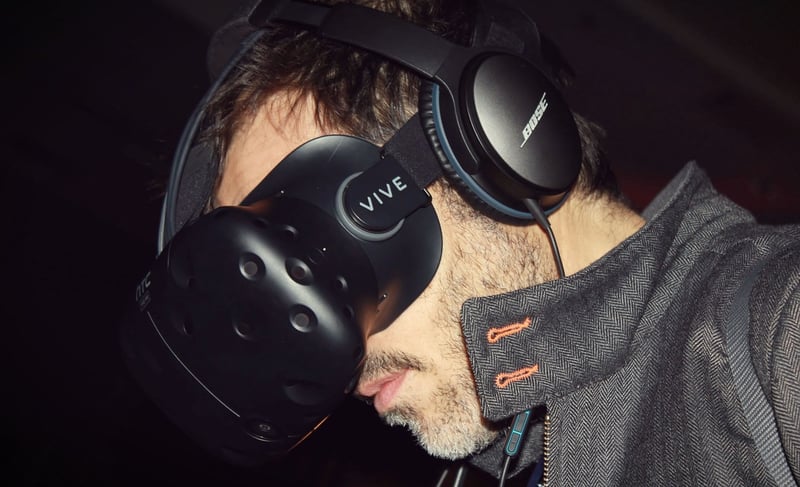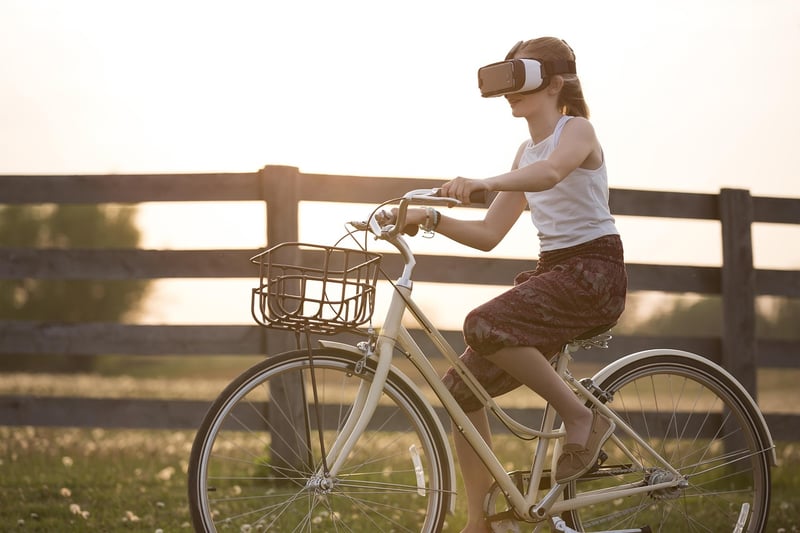Virtual Reality Designer
The Exciting World of Virtual Reality Design
Welcome to the cutting-edge industry where creativity meets technology - Virtual Reality (VR) design. As a Virtual Reality Designer, you have the opportunity to craft immersive digital experiences that transport users to new and exciting worlds. Let's delve into this thrilling field and discover what it takes to succeed as a VR designer.
What is Virtual Reality Design?
Virtual Reality Design involves creating virtual environments that simulate real-world experiences or take users to fantastical realms using computer-generated simulations. VR designers use a combination of 3D modeling, animation, programming, and user experience design to develop interactive and immersive VR applications.
Skills Required
- Proficiency in 3D modeling software such as Blender or Maya
- Knowledge of programming languages like C# or C++
- Understanding of user experience (UX) design principles
- Creativity and a keen eye for design
- Strong problem-solving abilities
Applications of Virtual Reality Design
Virtual Reality Design finds applications across various industries, including:
- Entertainment and Gaming
- Education and Training
- Architecture and Real Estate
- Healthcare and Therapy
- Simulations and Prototyping
Future of Virtual Reality
The future of Virtual Reality is promising, with advancements in hardware and software driving the growth of the industry. From VR headsets to haptic feedback devices, the possibilities are endless for VR designers to create groundbreaking experiences that push the boundaries of technology.
Get Started in Virtual Reality Design
If you're passionate about blending artistry with technology and want to shape the future of digital experiences, consider a career in Virtual Reality Design. With the right skills and creativity, you can embark on a rewarding journey in this innovative field.
Are you ready to dive into the world of Virtual Reality Design?

Image Source: Pixabay
